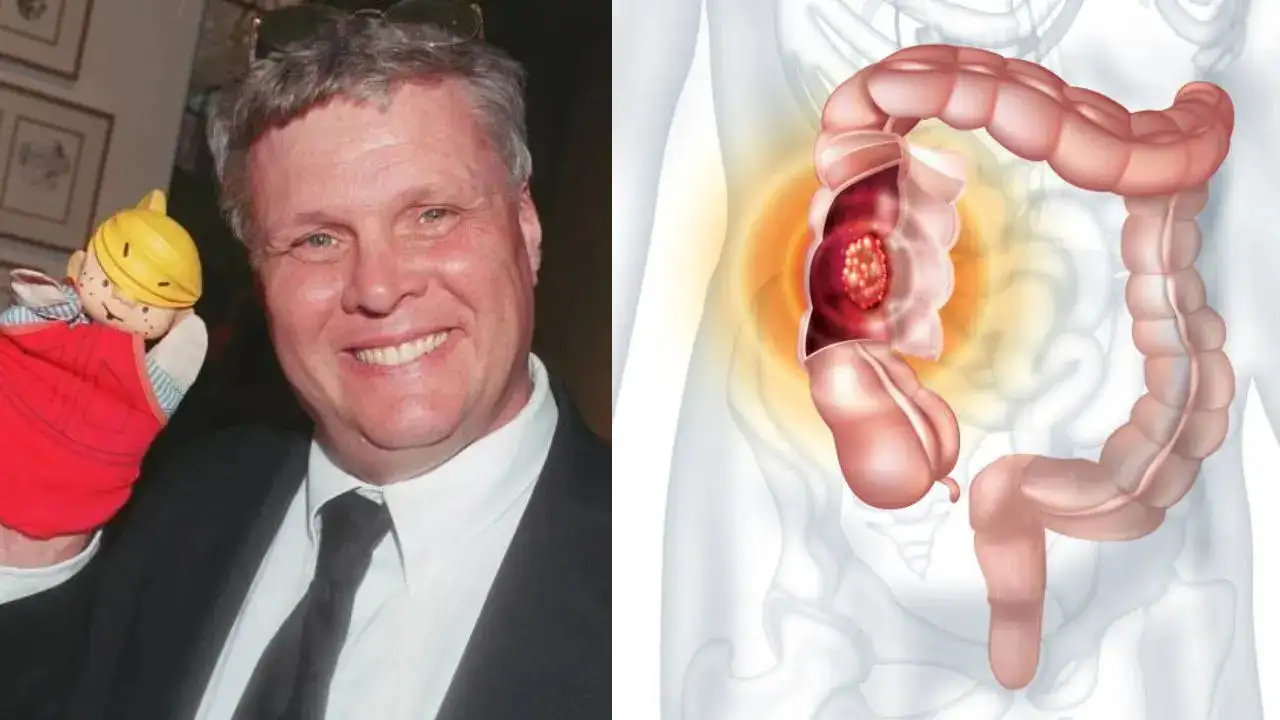
The 73-year-old, who also served in the US Navy, had been battling the deadly disease for years
Actor Jay North, known for playing Dennis Mitchel in the superhit show Dennis the Menace, died in his home in Florida after battling colorectal cancer. “He had a heart as big as a mountain and loved his friends deeply,” North's long-time friend Laurie Jacobson wrote on Facebook. “He called us frequently and ended every conversation with ‘I love you with all my heart.’ And we loved him with all of ours.”
The 73-year-old, who also served in the US Navy, had been battling the deadly disease for years.
Also known as colorectal cancer, the disease is a type of cancer that develops in the tissues of the colon or rectum. It often begins as small, noncancerous growths called polyps, which can become cancerous over time.
How does colon cancer affect people?
According to doctors, there are screening tests that detect precancerous polyps before they can become cancerous tumours. Colon cancer, which is not detected or treated, can also spread to other areas of your body, becoming highly dangerous.
Experts say the colon wall is made of layers of mucous membrane, tissue, and muscle, and colon cancer starts in the mucosa—the innermost lining of the colon. The mucosa consists of cells that make and release mucus and other fluids. If these cells mutate or change, they may create a colon polyp. Over time, colon polyps become cancerous.
If you leave it undetected or untreated, the cancer works its way through a layer of tissue, muscle, and the outer layer of your colon. Colon cancer also spreads to other parts of your body via your lymph nodes or your blood vessels.
According to statistics, colon cancer is the third most common cancer diagnosed in people in the US. Data from the Centres for Disease Control and Prevention says that men are slightly more likely to develop colon cancer than females. Colon cancer affects more people who are Black than people who are members of other ethnic groups or races.
Colon cancer typically affects people aged 50 years and older. However, over the past more than a decade, the number of people aged 20 to 49 years with colon cancer has increased by about 1.5 per cent every year.
What causes colon cancer?
Like all the other ones, colon cancer also happens when cells grow and divide uncontrollably. The cells lining your colon and rectum keep growing and dividing even when they are supposed to die—coming from polyps in your colon.
Medical researchers aren’t sure why some people develop precancerous colon polyps that become colon cancer. However, there are a few lifestyle risk factors that increase your chances of developing precancerous polyps and colon cancer. A few of them include:
- Smoking
- Excessive smoking, including chewing tobacco and e-cigarettes
- Drinking alcoholic beverages at least two servings a day
-
Eating high-fat, high-calorie foods
- Having a diet that includes lots of red meat and processed meat
- Not doing regular exercising
Signs and symptoms of colon cancer
Even though you can have colon cancer without any symptoms, a few early signs you may notice include:
- Blood in your stool
- Persistent changes in your bowel habits if you have constipation or diarrhoea
- Abdominal or belly fat
-
Bloated stomach
- Unexplained weight loss
- Vomiting
- Fatigue and feeling of breathlessness
Get Latest News Live on Times Now along with Breaking News and Top Headlines from Health and around the world.
